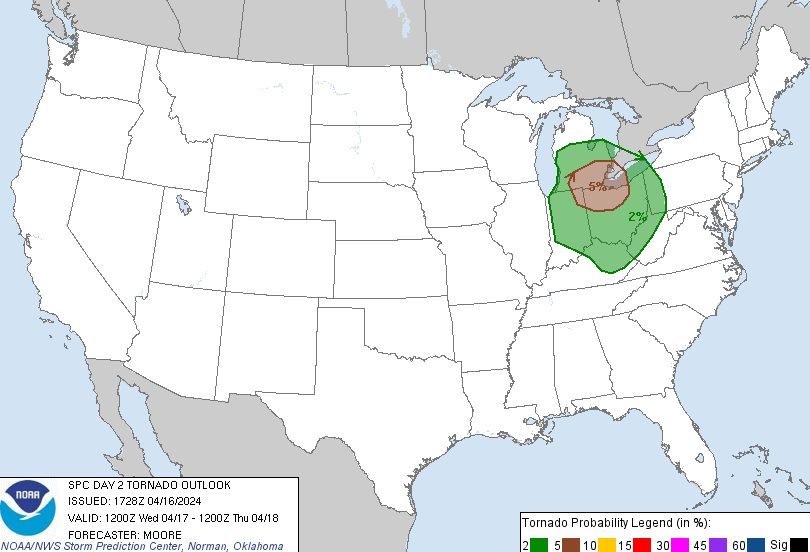Imagine walking past a series of similar houses on a university campus. The first house has three large hieroglyphics on the front: a bald eagle, a folded cloth and an eyeball. The next house has three different symbols — a snake, a sun and a mop. The last house sports three marks as well — a Nike swoosh, an outline of Michigan and an upside down headless chicken. You then start to wonder if perhaps you have accidentally walked off the campus grounds and entered some fictional mixed-up world such as the Mushroom Kingdom, Pee Wee’s Playhouse or Idaho.
It doesn’t seem to make sense, does it? Why are there random markings on houses? They surely couldn’t be graffiti. They obviously purchased and installed these icons, and apparently, they proudly display them for all passersby to see. Are we, the non-blind, at all impressed? I don’t see the pride in three seemingly random characters, as for the sake of cheap humor a spork, a figure of Ms. Pac Man, and a chimpanzee with an assault rifle.
Isn’t it a blast that we have such a community and a respected one at that. They use comparable unfamiliar symbols as their group logo? It’s what many consider to be the most recognized classification of college students. Chapters of this network of “clubs” decided to bypass the more understood alphabet implemented by all Anglophones and chose a more outdated one: the Greek alphabet.
Granted, we still use some of these letters sparingly, mainly in complicated mathematical formulas, but who are they kidding? Don’t try and pass that thing off as the letter “delta.” I took geometry, and that sucker’s a triangle.
I’m not Greek. None of us are Greek, with the obvious exception of those who are actually from the country Greece, and even then you might be Macedonian, Croatian or Turkish. It’s quite an ethnic jambalaya in Eastern Europe. At any rate, today’s fraternities and sororities don’t emit any apparent Greek customs. If the members frequently ate gyros and feta cheese salads with lots of olives, maybe they’d have a case. Perhaps the word “Greek” has evolved into a separate meaning, much like the slang terms “gay” or “Jewish” meaning “stupid” or “ridiculous.” Last time I checked, the Jews gave us Jesus Christ and the Greeks offered us Debbie Matenopoulos. You decide.
There seems to be no rhyme or reason behind the certain Greek letters that differentiate from the fraternities and sororities. For instance, there is a Kappa Sigma and a Sigma Kappa. One is a frat; the other is a sorority. How the heck can one tell the difference? A few other Greek organizations include Beta Theta Pi, Pi Beta Phi, Pi Kappa Phi, Delta Tau Delta, and Kappa Kappa Gamma. Makes you wonder if Alexander the Great invented Alpha Bits.
One should be able to judge the nature of the club from its name. Can you guess what the Curling Club does? (Hint: it’s not basketball.) Perhaps I would better understand the Greek system if their symbols represented the overall stereotype of the chapter.
For instance, if it’s an overweight sorority, one of their letters should be a giant turkey leg. If a fraternity is full of nerds, they should put a face of Chewbacca on their merchandise.
However, the vibe I receive from most of these “prestigious organizations” is that they are somehow more important than other clubs. It is certainly made clear to incoming members that their fraternity or sorority is ranked in importance right below their studies. The whole system rubs me the wrong way, especially when I see people roam the campus while donning those goofy scarlet letters all of which are foreign to me.
The truth is, just because a club is a fraternity or sorority doesn’t automatically make it better than any non-Greek organization.
Having silly gibberish on your sweatshirt doesn’t make you important. Yes, your chapter is unique, but so is any other club that has ever existed. If it were me, I’d rather add an extra-curricular to my résumé that my potential future employer will be able to comprehend at first glance.
Maybe it’s just a matter of taste. I prefer to make my best friends the old-fashioned way by getting out and enjoying life. While I do that, I get to keep at least some of my well-deserved summer revenue for myself. There is a saying to which many Greek organizations refer: “If I paid for my friends, I surely didn’t pay enough.” Still, I thought you couldn’t put a price on a friendship.
But they proved me wrong, and I hate it when I’m not right.
















